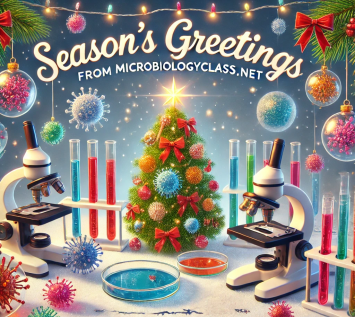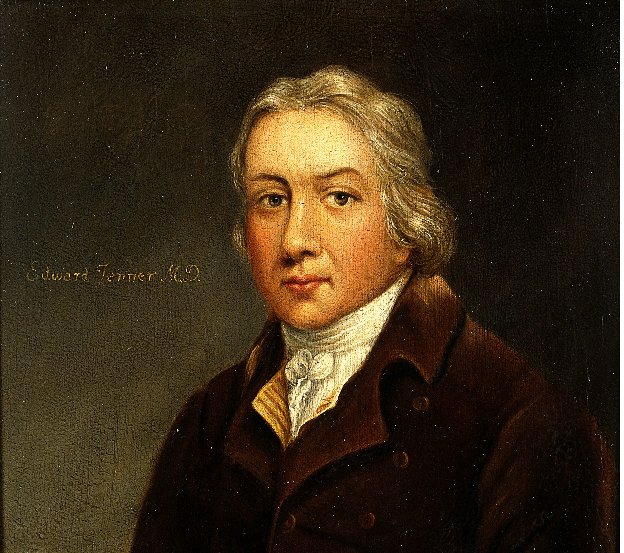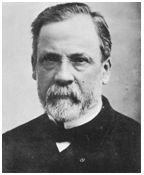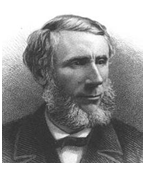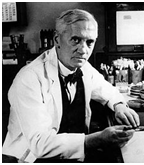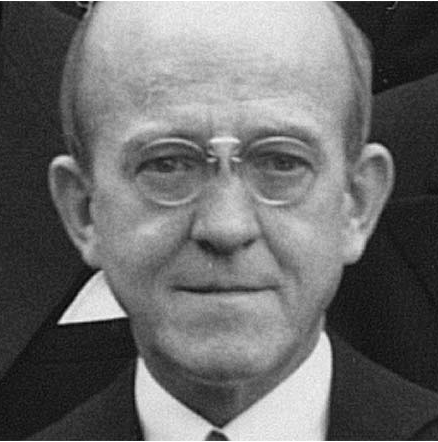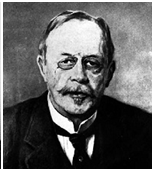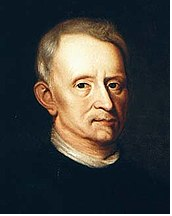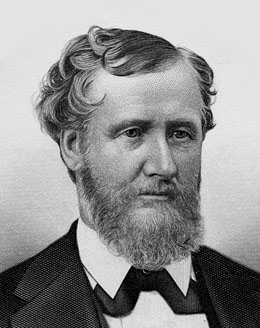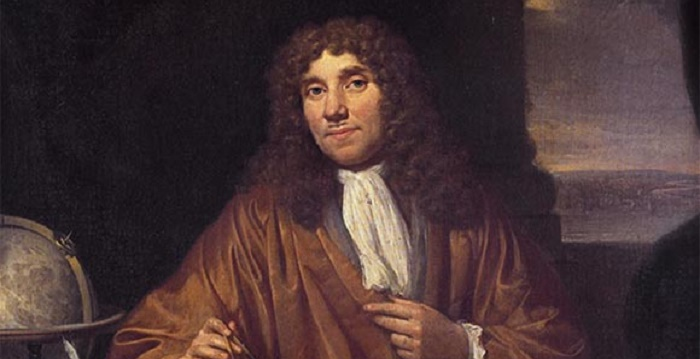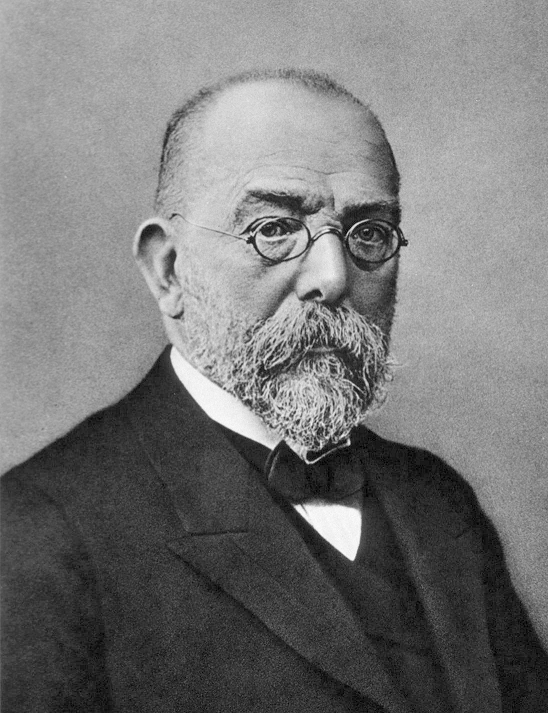EDWARD JENNER (1749-1823)
Edward Jenner was the pioneer of the dreaded smallpox vaccination and also the father of immunology. Jenner, an English physician in 1798 successfully vaccinated a boy named James Phipps against smallpox (caused by variola virus). Smallpox was a disease that reached an epidemic level in the 17th-18th century, and the disease negatively impacted humanity causing […]
EDWARD JENNER (1749-1823) Read More »
General Microbiology